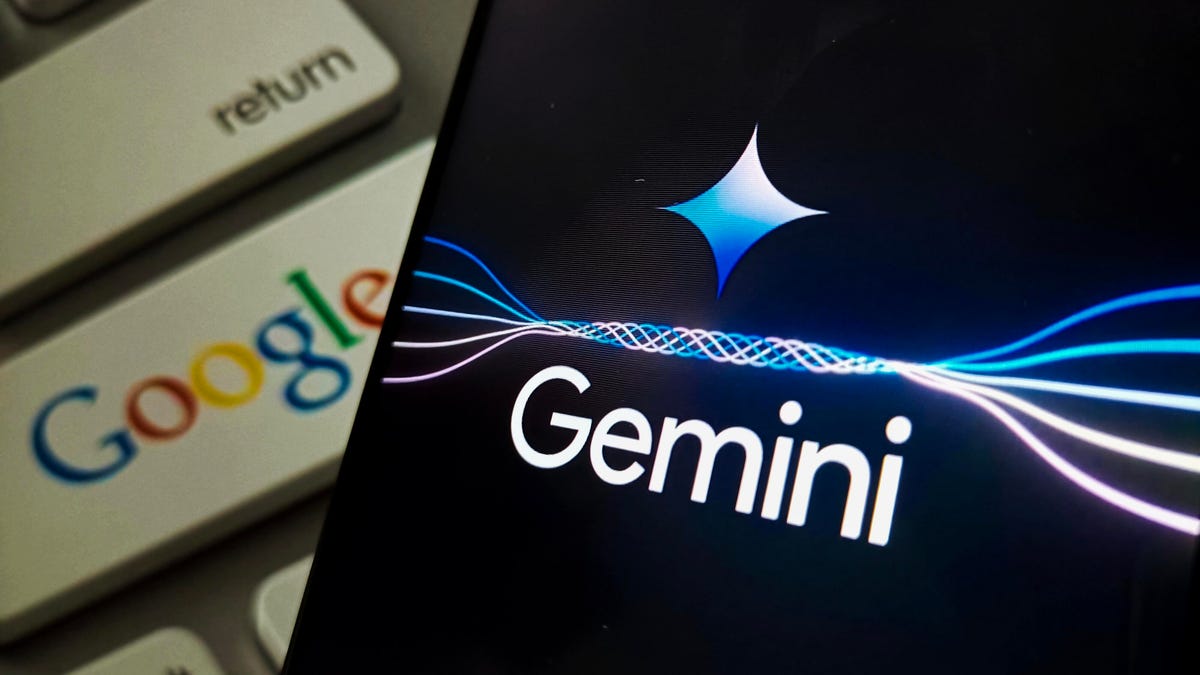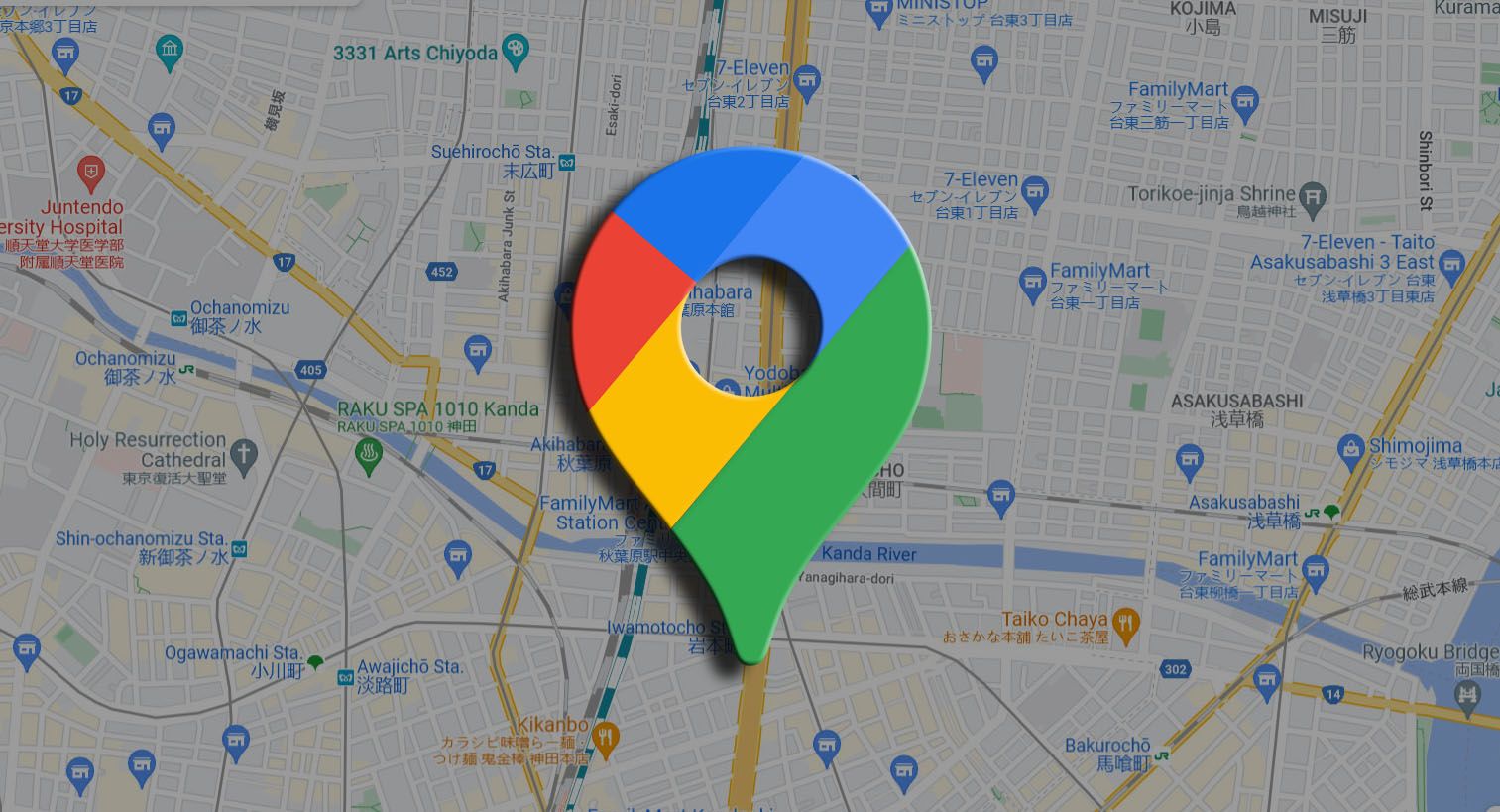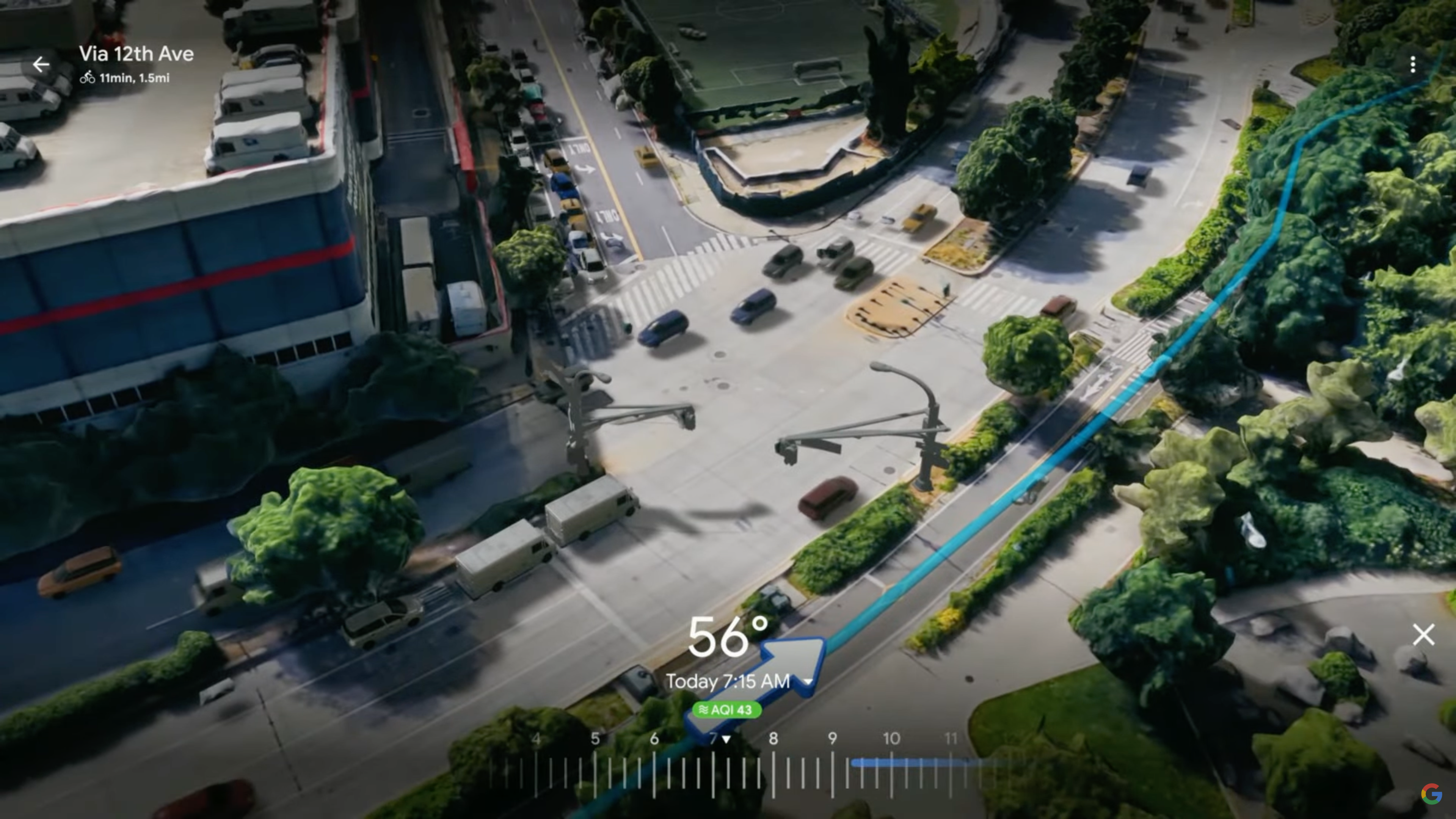In a world where navigation and exploration have become second nature, Google Maps has consistently evolved to meet the needs of its users. With the integration of Gemini AI, the latest update promises to redefine how we interact with the platform, adding a layer of intelligence that caters to our moods and preferences. This monumental shift not only aims to enhance user experience but also to maintain Google Maps’ status as a leader in the navigation space. Let’s delve deep into what this update entails, its potential implications, and how it may change the way we explore our surroundings.
Here's ads banner inside a post

A Brief History of Google Maps Evolution
Since its launch in 2005, Google Maps has undergone significant transformations. Initially a simple mapping service, it has morphed into a comprehensive navigation tool that caters to billions of users globally. Features like real-time traffic updates, public transport options, and satellite imagery have transformed the platform into an essential resource for everyday life. Google has always aimed to keep its maps updated and relevant, a commitment reflected in the app’s current usage by over 2 billion people monthly.

Here's ads banner inside a post
The evolution of Google Maps has been marked by a series of pivotal updates that expanded its functionality and user experience. In its early days, Google Maps was primarily used for basic navigation and finding directions. As mobile technology advanced, so too did the app’s features. The introduction of Street View in 2007 allowed users to virtually explore streets around the world, providing an unprecedented level of detail and context. Over the years, Google has continued to add features such as indoor maps, real-time transit updates, and augmented reality directions, making it an indispensable tool for travelers and everyday users alike.

The Rise of AI in Navigation
Artificial Intelligence (AI) has become a game-changer across industries, and navigation is no exception. As users increasingly seek personalized experiences, integrating AI into mapping services allows for tailored recommendations based on individual preferences. Google’s introduction of Gemini AI marks a pivotal moment in this evolution, promising to reshape the way we plan our outings and navigate our environments.
Here's ads banner inside a post

AI’s role in navigation has shifted from mere data processing to creating meaningful interactions with users. Traditional mapping services often relied on static data and predetermined routes, which could limit the user’s experience. With AI, Google Maps can now analyze vast datasets, including user behavior, traffic patterns, and even social media trends, to provide dynamic and personalized suggestions. This shift towards a more intelligent mapping service is indicative of a broader trend in technology, where personalization and user engagement are paramount.

What is Gemini AI?
Gemini AI is Google’s latest venture into artificial intelligence, designed to process vast amounts of data and generate insightful recommendations. Unlike traditional search functions, Gemini allows users to express their desires in natural language. Rather than merely asking for specific locations or activities, users can communicate their mood or preferences, and Gemini will provide tailored suggestions.

The power of Gemini AI lies in its ability to understand context. For instance, if a user is feeling adventurous and wants to explore a new part of the city, Gemini can recommend not just popular tourist attractions, but also hidden gems and unique experiences based on user reviews and local trends. This capability enhances the exploratory nature of Google Maps, making it more than just a navigation tool; it becomes a companion in discovering new experiences.
The Integration Process
With this update, Google Maps users can start typing prompts into the search bar, signaling Gemini to spring into action. This functionality stands out because it doesn’t resemble the conventional chatbot interface. Instead, it seamlessly integrates with Maps, drawing from the extensive database of over 250 million locations worldwide. Users will receive curated lists of recommendations, complete with images and summaries generated by the AI. This means that whether you’re feeling adventurous or just in the mood for a cozy café, Gemini will have suggestions that cater to your current state of mind.

The integration process is designed to be intuitive and user-friendly. Users will simply enter a prompt such as “I’m feeling hungry for Italian food” or “I want to find a place to relax with a view,” and Gemini will generate a list of nearby options tailored to their request. This shift from traditional keyword searching to conversational prompts represents a significant advancement in how we interact with digital services. The goal is to eliminate the need for users to sift through irrelevant results, making the search process not only quicker but also more enjoyable.
Enhancements to Navigation
While the Gemini integration is the star of this update, several enhancements to Google Maps’ core navigation functionalities are noteworthy. Users can expect a smoother experience when adding stops to their routes, making multi-stop trips more efficient. The enhanced navigation system will provide clearer indicators regarding lanes and signage, helping drivers anticipate turns more effectively.

Smart Parking Solutions
Parking can often be a frustrating part of any journey, but the new update aims to alleviate this issue. Google Maps will now provide users with suggestions for parking as they approach their destination. This includes information about nearby parking lots, pricing, and availability, enabling users to make informed decisions about where to leave their vehicles. Additionally, the app will remember where you parked, alleviating the stress of finding your vehicle in crowded lots. These features are expected to roll out in 30 metro areas initially, though Google has yet to specify which locations will be included.
The incorporation of smart parking solutions demonstrates Google’s commitment to enhancing the overall user experience. As cities become increasingly congested, finding parking can be a daunting task. By streamlining this process, Google Maps empowers users to focus on their journey rather than the logistics of parking. This improvement not only saves time but also reduces frustration, making outings more enjoyable.
Immersive View: A Leap Forward
One of the most exciting aspects of this update is the expansion of Immersive View, which offers users a realistic bird’s eye perspective of streets and buildings through a combination of photos and 3D renderings. This feature enhances users’ ability to visualize their surroundings before arriving at their destinations, providing a more informed navigation experience.
Global Expansion
Previously limited to 65 cities, Immersive View is now set to expand to 150 cities worldwide, including major hubs like Brussels, Kyoto, and Frankfurt. This significant increase in availability reflects Google’s commitment to providing a more comprehensive and immersive experience for users globally. The update will also enhance route visualization, making it easier to identify destinations and parking options along the way.

Immersive View combines multiple technologies, including aerial imagery, machine learning, and user-generated content, to create a realistic representation of the environment. Users can explore streets and buildings from above, gaining insights into the layout of an area before they even set foot in it. This feature is particularly useful for travelers looking to familiarize themselves with new destinations or for locals seeking to discover hidden spots in their neighborhoods.
How Will These Changes Impact Users?
The combination of Gemini AI, enhanced navigation, and an expanded Immersive View will undoubtedly reshape how users interact with Google Maps. By allowing users to express their feelings and preferences, Google opens the door to a more personalized and intuitive navigation experience. This update is particularly beneficial for those who may feel overwhelmed by the plethora of choices available when searching for locations or activities.
/cdn.vox-cdn.com/uploads/chorus_asset/file/25707359/google_maps_ai_update.png)
Real-World Applications
Imagine planning a spontaneous night out with friends or organizing a weekend getaway. Instead of poring over countless reviews and recommendations, users can simply input their mood into Google Maps. Gemini will analyze their preferences and provide curated options, streamlining the decision-making process. This functionality will be especially valuable in urban environments, where choices can be overwhelming, and time is often of the essence.
Furthermore, the integration of Gemini AI means that Google Maps can learn from user interactions over time. The more a user engages with the platform, the better Gemini will understand their preferences and habits, refining its suggestions to better match their style. This ongoing learning process ensures that users are consistently presented with relevant and appealing options, making their navigation experience increasingly tailored to their unique needs.
Potential Concerns and Limitations
While the advancements presented in this update are promising, they also raise several concerns. The reliance on AI for recommendations could lead to a lack of human touch in decision-making processes. Users may find themselves in a feedback loop, continuously receiving similar suggestions based on past behavior rather than discovering new experiences. Striking a balance between AI recommendations and organic exploration will be crucial for maintaining the app’s integrity.

Data Privacy Issues
As with any AI integration, data privacy remains a critical concern. Google must ensure that users’ preferences and behaviors are handled securely and transparently. The integration of Gemini AI relies heavily on data collection, which could lead to potential misuse or breaches if not managed properly. Users will need assurances that their data is being used ethically and with their consent.

The importance of user trust cannot be overstated in an age where personal data is a valuable commodity. Google will need to prioritize transparency, clearly communicating how data is collected, used, and protected. This transparency will not only foster trust but also empower users to make informed decisions about their engagement with the platform.
Looking Ahead: The Future of Google Maps
The rollout of these features will likely set a new standard for mapping applications. As users become accustomed to personalized experiences, other mapping services may need to adapt or risk falling behind. Google Maps is not just a navigation tool; it’s becoming an essential partner in users’ daily lives.
Continuous Improvements
As technology advances, so too will the features offered by Google Maps. The introduction of Gemini AI is just the beginning; future updates may include even more sophisticated capabilities, such as predictive analytics based on user behavior and preferences. Imagine a Google Maps that not only responds to your current mood but also anticipates your future needs based on historical data.

Integration with Other Services
Furthermore, there are exciting possibilities for integrating Google Maps with other Google services and third-party applications. For example, pairing Gemini AI with Google Assistant could allow for seamless transitions between planning and navigation. Users might receive suggestions for nearby events or activities directly through voice commands, making the process even more convenient



